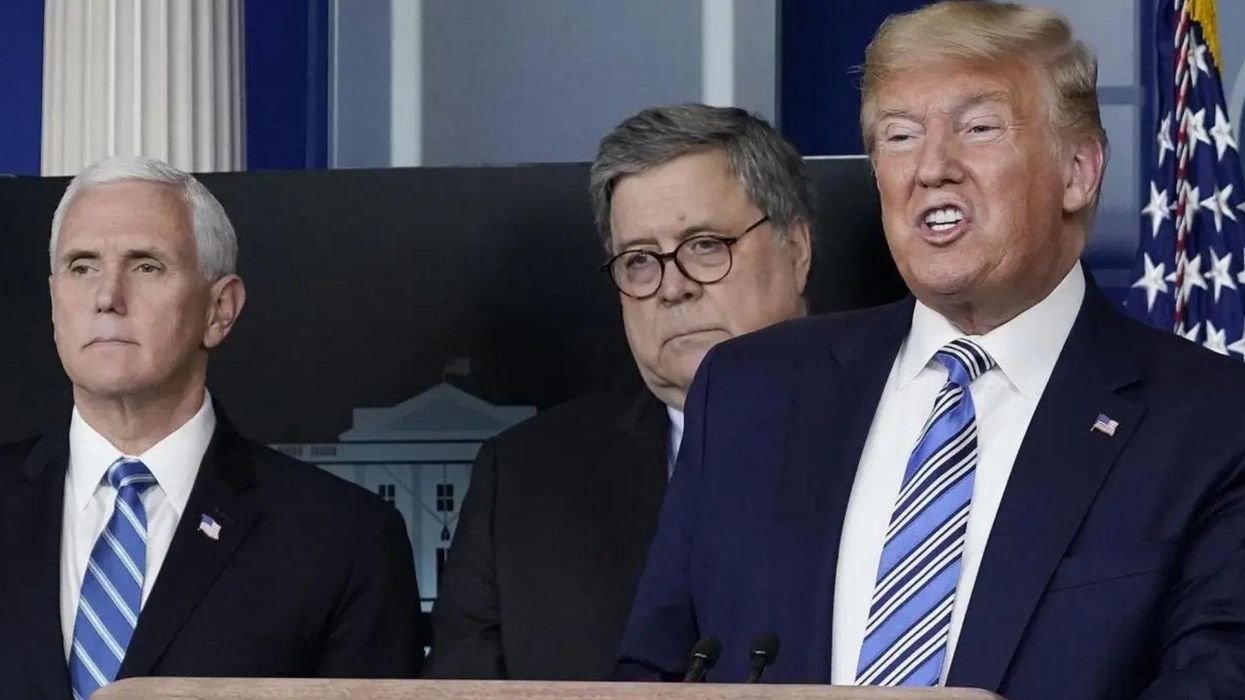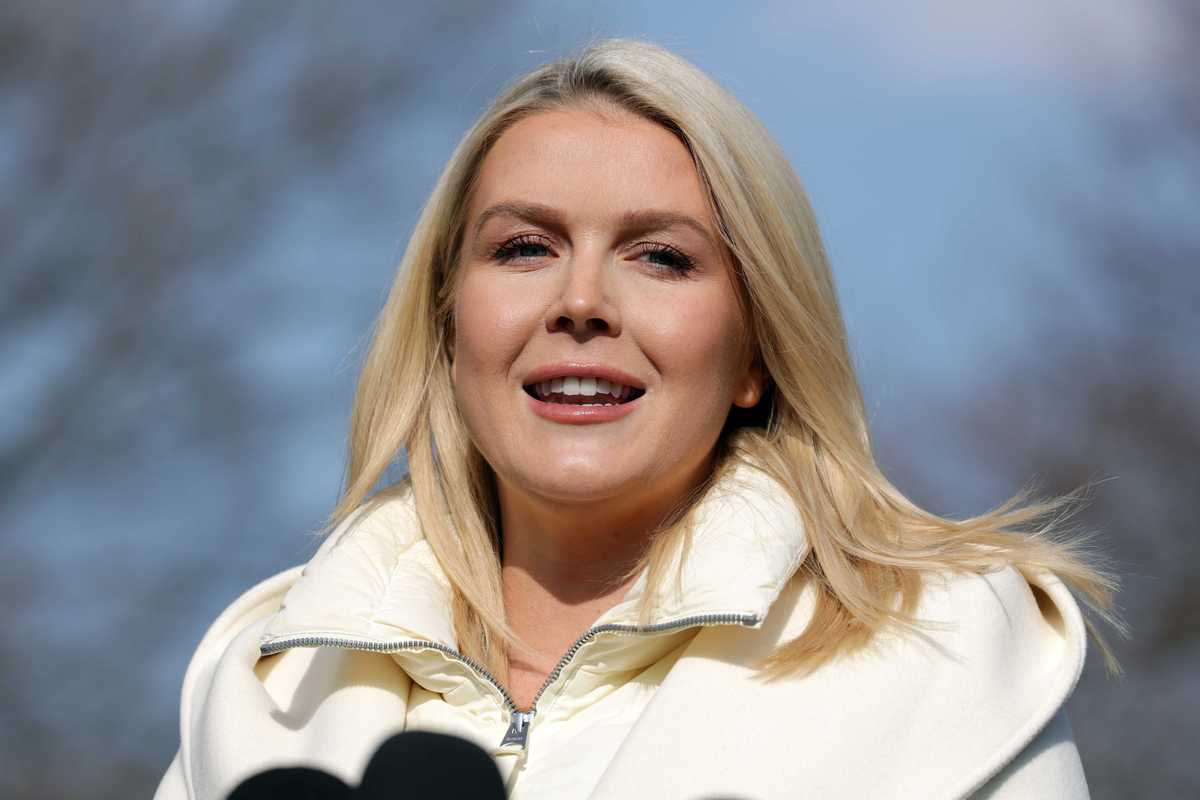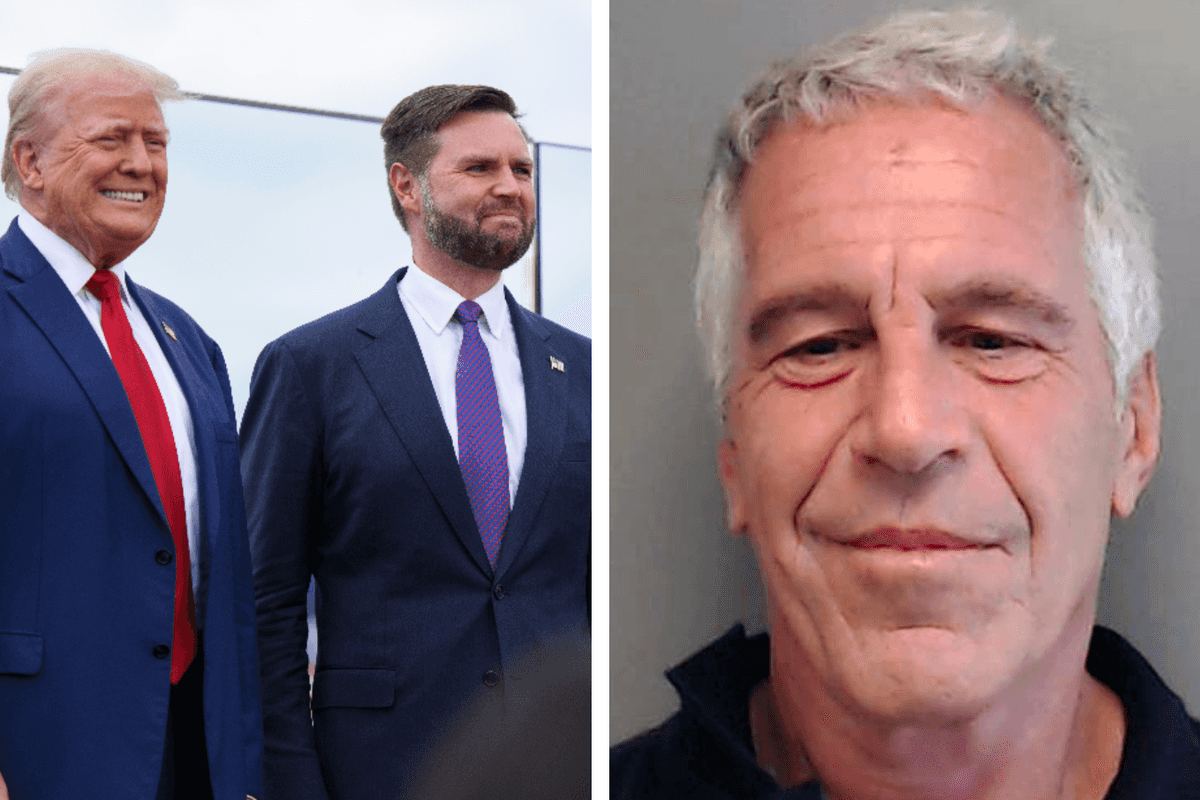News
The wife of a man who died after ingesting chloroquine phosphate in an attempt to protect himself from coronavirus has spoken out against Trump and the misinformation he has been spreading in his daily press briefings.
The Arizona couple were in their sixties, and swallowed the chemical which was not in medication form but rather intended as an aquarium cleaner, mistakenly believing it would help prevent them getting sick.
The woman is in critical condition, and explained their confusion, telling journalists:
We saw Trump on TV — every channel — and all of his buddies and that this was safe. Trump kept saying it was basically pretty much a cure.
Chloroquine is used in medication to treat malaria, but there is no evidence it is safe or effective as a treatment for Covid-19. However Trump has repeatedly mentioned it in his daily press briefings, which are televised live, leading to confusion among many.
The woman was asked what message she had for the American public, and said:
Oh my God, don't take anything. Don't believe anything that the president says and his people ... call your doctor.
Tragically, she explained that she and her husband were healthy with no underlying health conditions, but were afraid of getting sick.
This is a heartache I'll never get over.
Here's what Trump has said about chloroquine and coronavirus:
The president first touted his interested in chloroquine during a rambling White House press conference last Thursday, despite no drug being developed to treat coronavirus.
Although the president didn't name the drug directly he did promote the use of a medicine used against malaria which was developed in the 1940s, that is already on the market and is also used as an additive to clean fish tanks.
When trying to suggest that Americans could soon return to their regular lives, Trump said, in regards to the drug:
It's been around for a long time so we know if things don't go as planned it's not going to kill anybody. We have to remove every barrier or a lot of barriers that were unnecessary and they've done that to get the rapid deployment of safe, effective treatments and we think we have some good answers.
As a counter-balance, the FDA commissioner Stephen Hahn did not say if the US health authorities would start using the drug as part of their tests before making sure that it was perfectly safe.
The FDA is committed to continuing to provide regulatory flexibility and guidance, but let me make one thing clear: the FDA's responsibility to the American people is to ensure that products are safe and effective.
We need to make sure that this sea of new treatments – we'll get the right drug to the right patient at the right dosage at the right time and that may do more harm than good.
Hahn then added that Trump had instructed the FDA to investigate chloroquine further.
That's a drug that the president has directed us to take a closer look at as to whether an expanded use approach to that could be done and to actually see if that benefits patients. And again, we want to do that in the setting of a clinical trial, a large, pragmatic clinical trial to actually gather that information.
Come Friday, Trump was back to promoting the drug and was even contradicted by Dr Anthony Fauci, the head of the National Institute of Allergy and Infectious Diseases, who said:
We're trying to strike a balance between making something with a potential of an effect to the American people available, at the same time that we do it under the auspices of a protocol that would give us information to determine if it's truly safe and truly effective.
But the information that you're referring to specifically is anecdotal, it was not done in a controlled clinical trial. So you really can't make any definitive statement about it.
Fundamentally, I think it probably is going to be safe, but I like to prove things first, so it really is a question of not a lot of difference. It's the hope that will work, versus proving that it will work.
Trump acknowledged this assessment but also suggested that he was very much in favour of using the drug to fight coronavirus.
I've seen things that are impressive and we'll see. We're going to know, so we're going to know soon, including safety, but, you know, when you get that safety this has been prescribed for many years for people to combat malaria, which was a big problem, and it's very effective. It's a strong — it's a strong drug, so we'll see.
I will say that I am a man that comes from a very positive school when it comes to, in particular, one of these drugs, and we'll see how it works out.
Fauci even publicly corrected Trump after the president suggested that chloroquine would be 'fairly effective' as it was against the Sars virus, saying:
You've got to be careful when you said it's 'fairly effective'. It was never done in a clinical trial.
Amazingly, Trump, who definitely isn't a health or medical expert, ignored these rebuttals and took to Twitter and encouraged people to take a combination of Hydroxychloroquine and Azithromycin.
On Saturday he said:
HYDROXYCHLOROQUINE & AZITHROMYCIN, taken together, have a real chance to be one of the biggest game changers in the history of medicine. The FDA has moved mountains – Thank You! Hopefully they will BOTH (H works better with A, International Journal of Antimicrobial Agents).....
Azithromycin is an antibiotic but there is no evidence that shows taking either of these drugs would help against coronavirus, with many soon pointing this out after Trump's tweet.
However, New York has begun rolling out tests of this experimental combination, where 16,000 people a day are reportedly being tested, according to governor Andrew Cuomo.
Now that someone has died after taking chloroquine phosphate based on Trump's misinformation, we can only hope he chooses his words more carefully in future.
Top 100
The Conversation (0)














